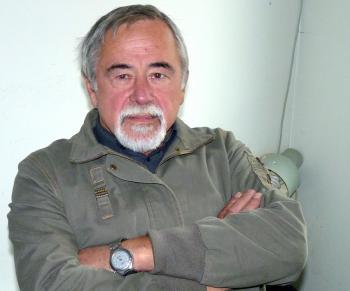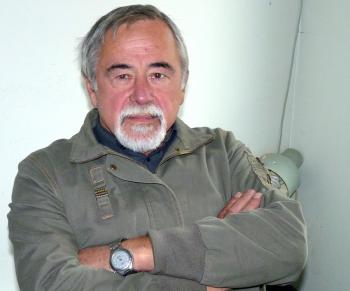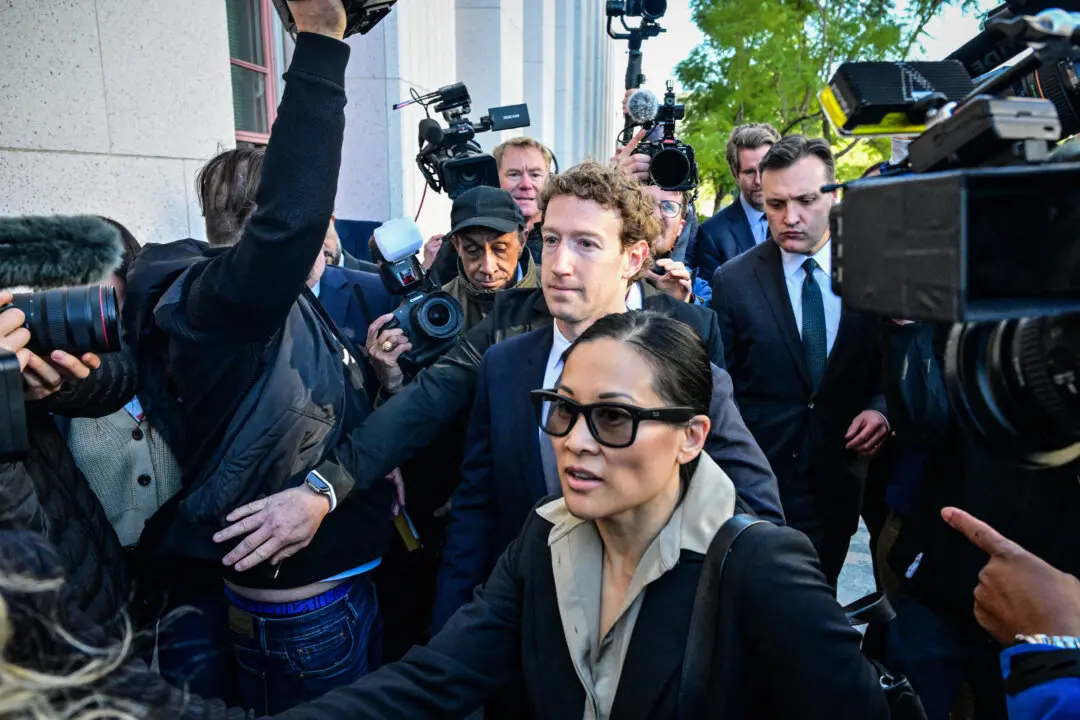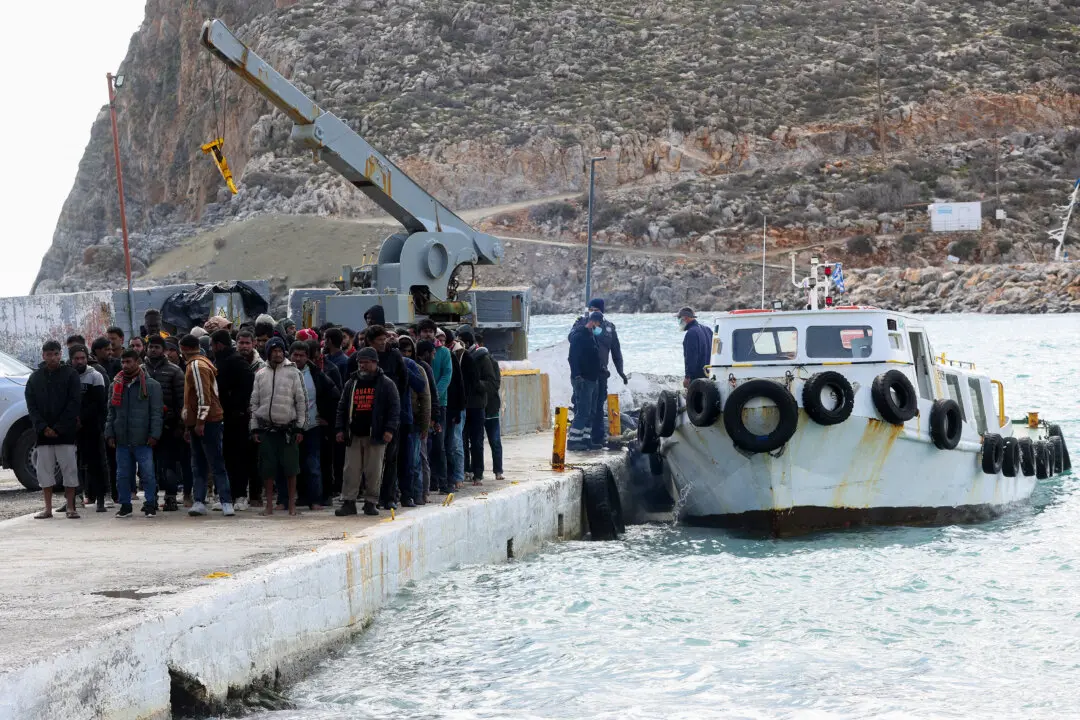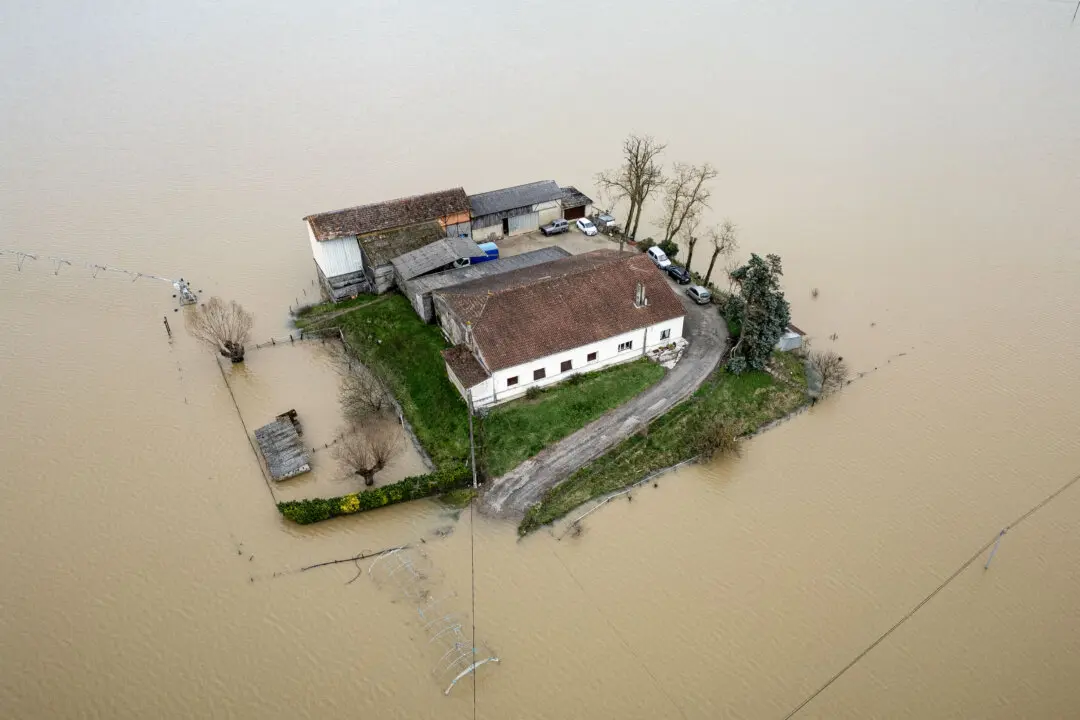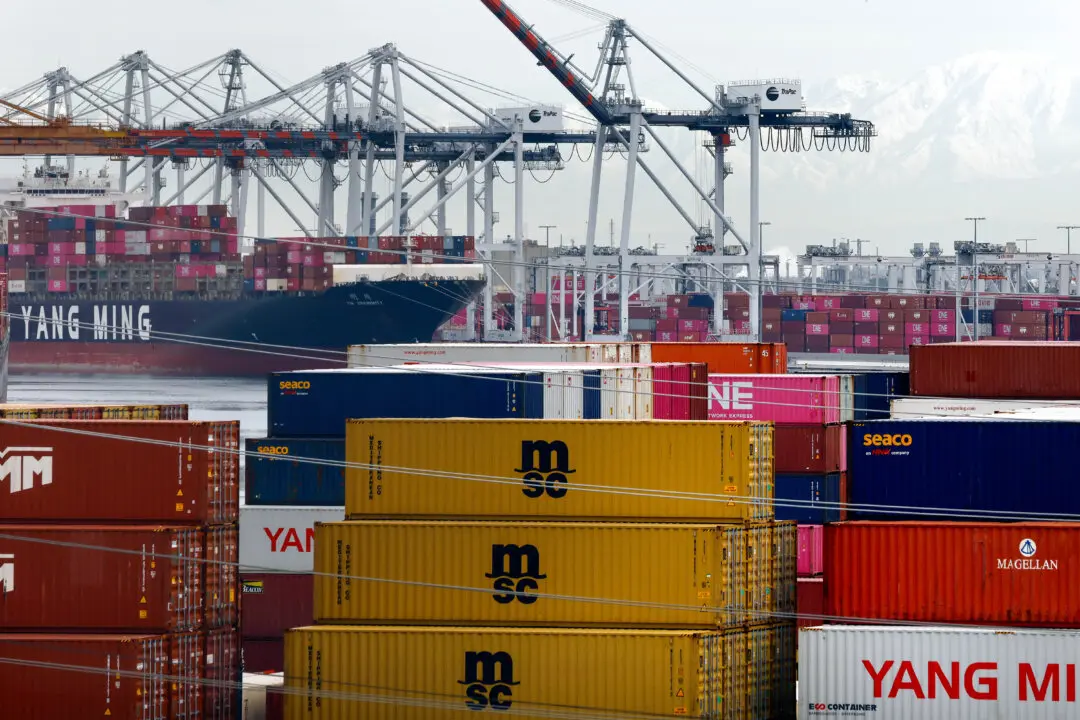Reconciliations and apologies have eased many painful memories of the past. Among wrongs that still sting are deportations, civil wars, and the building of a temple. This is what Epoch Times reporters from Slovakia to the United Kingdom discovered when they asked locals: “What past wrongs has your country done that need to be reconciled?”
Global Q&A: ‘What past wrongs has your country done that need to be reconciled?’
Epoch Times reporters from Slovakia to the United Kingdom asked locals.
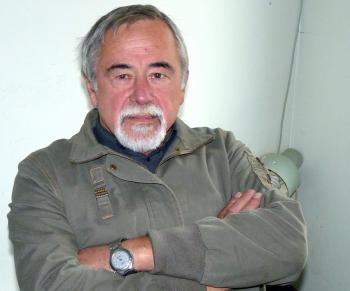
Tomas Tesarik, Bzenec, Czech Republic.
|Updated:

